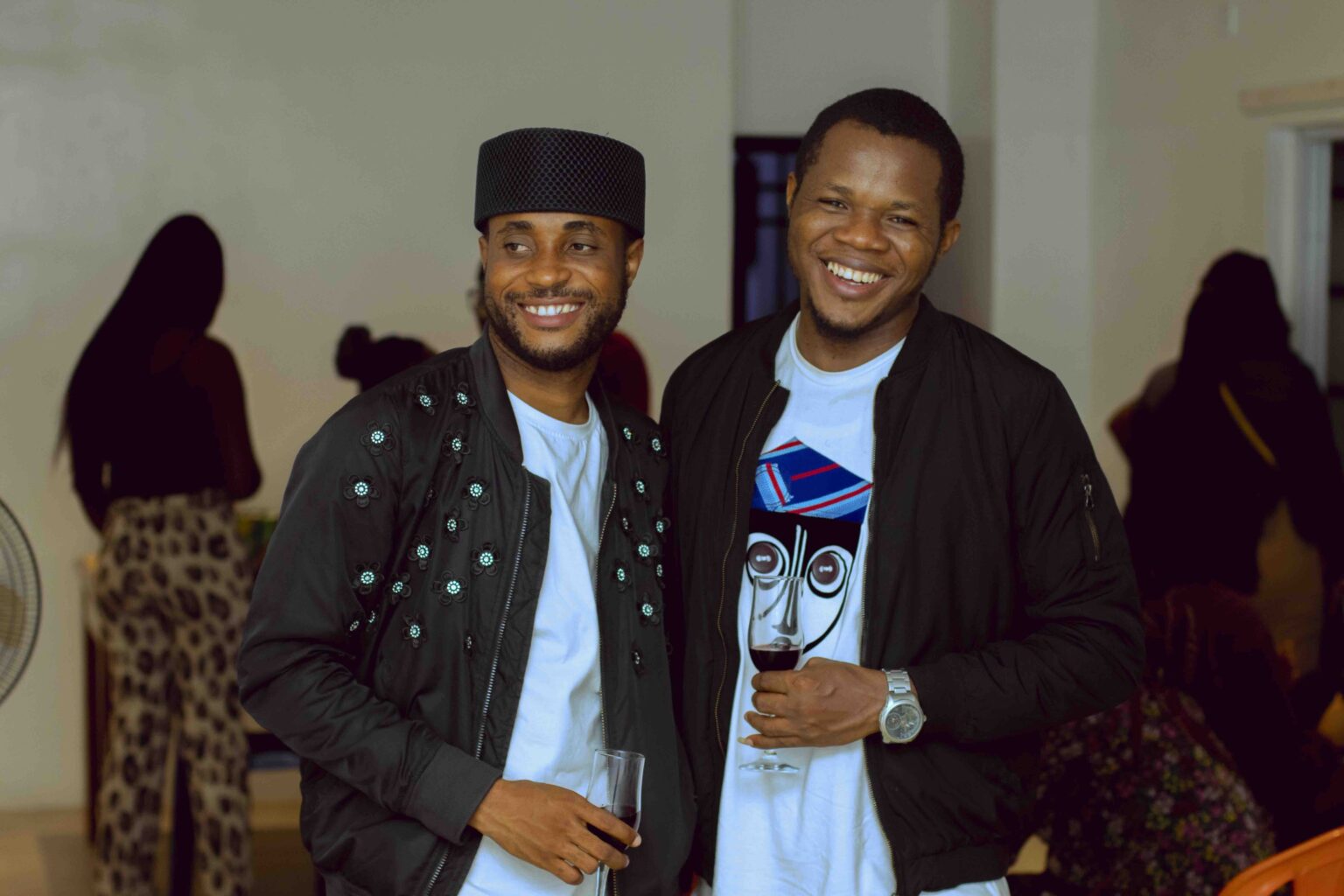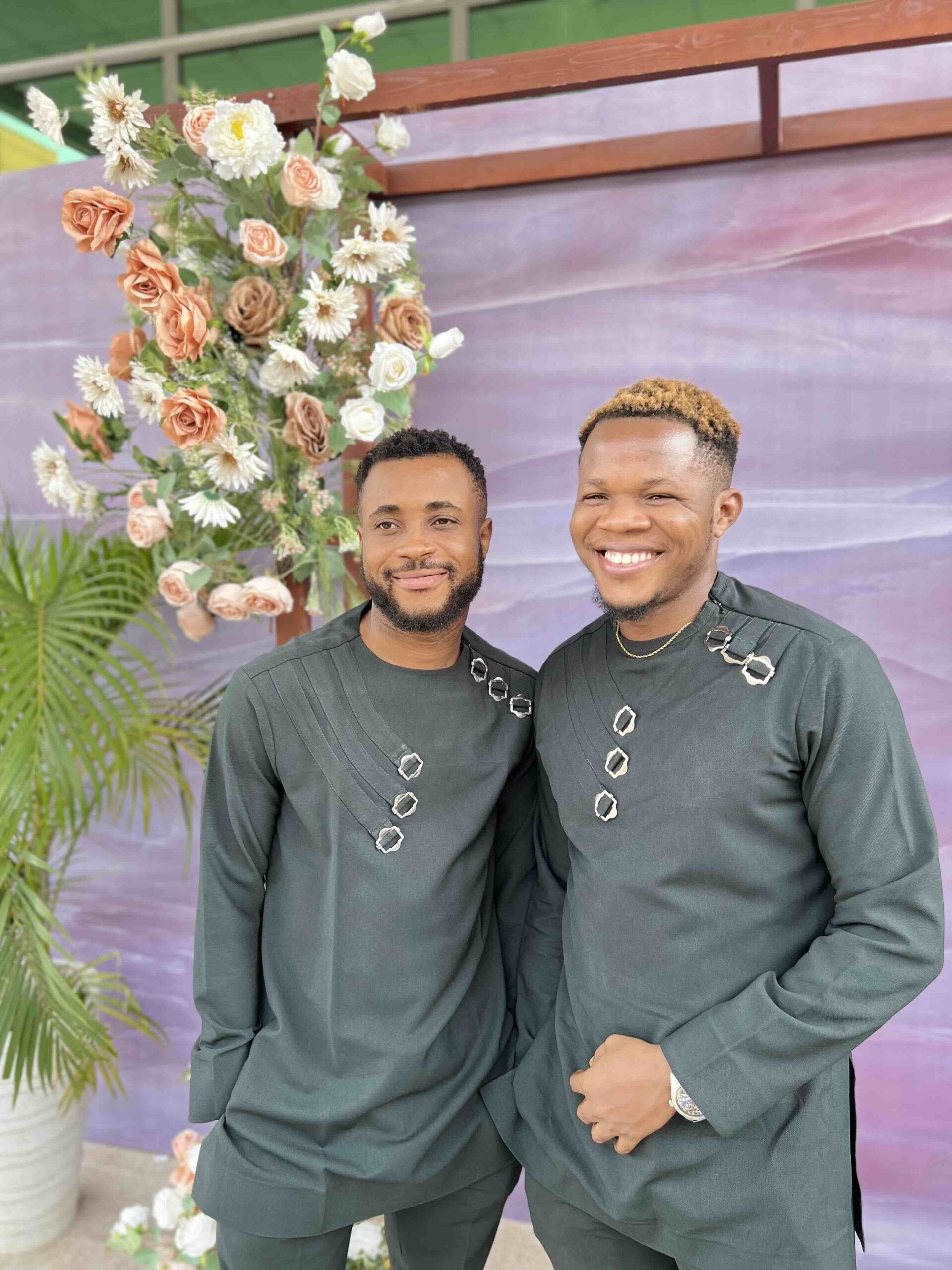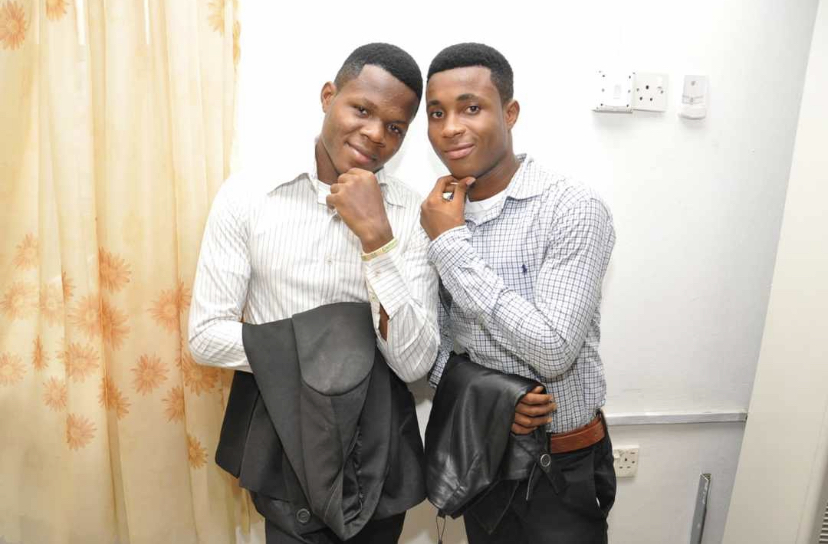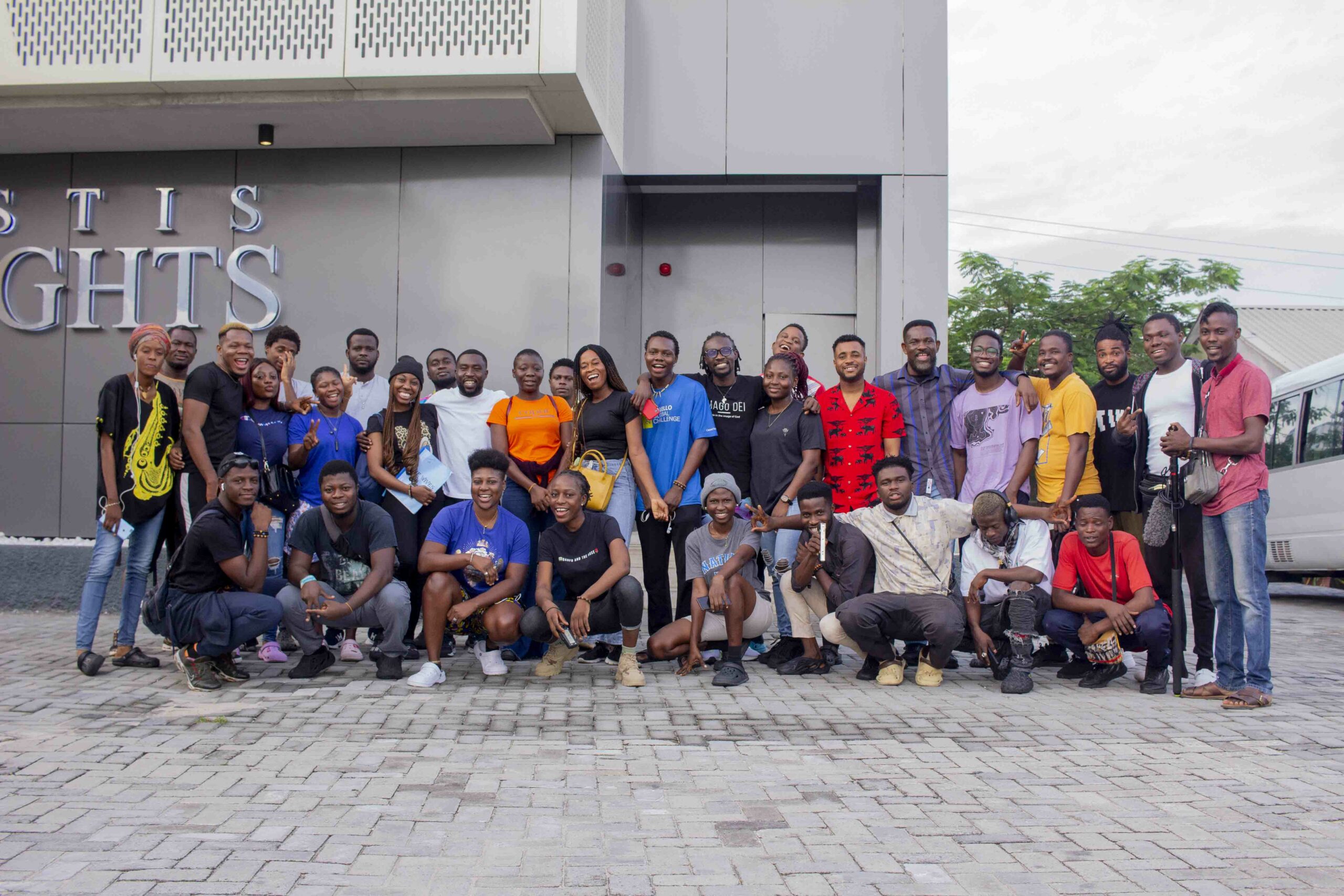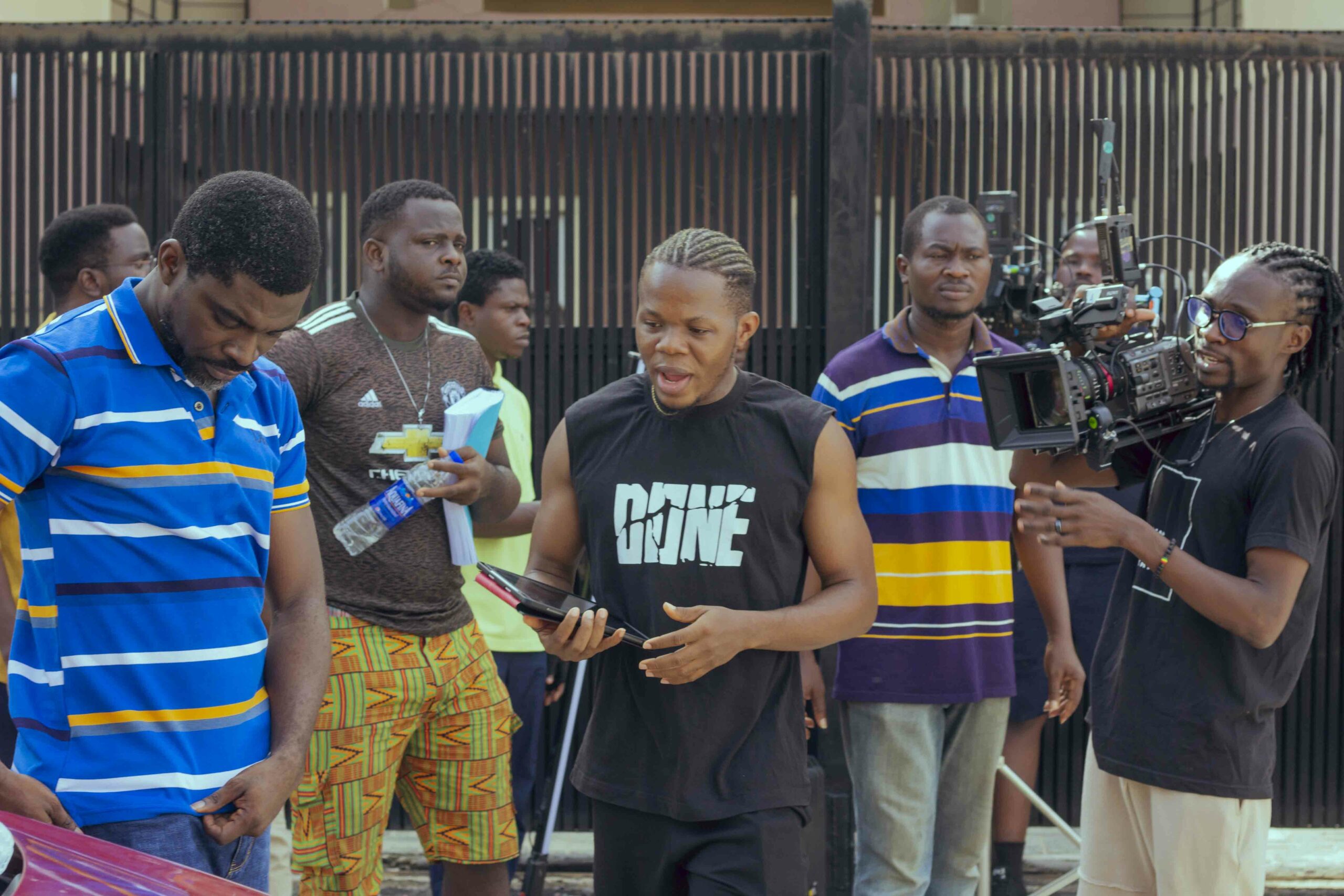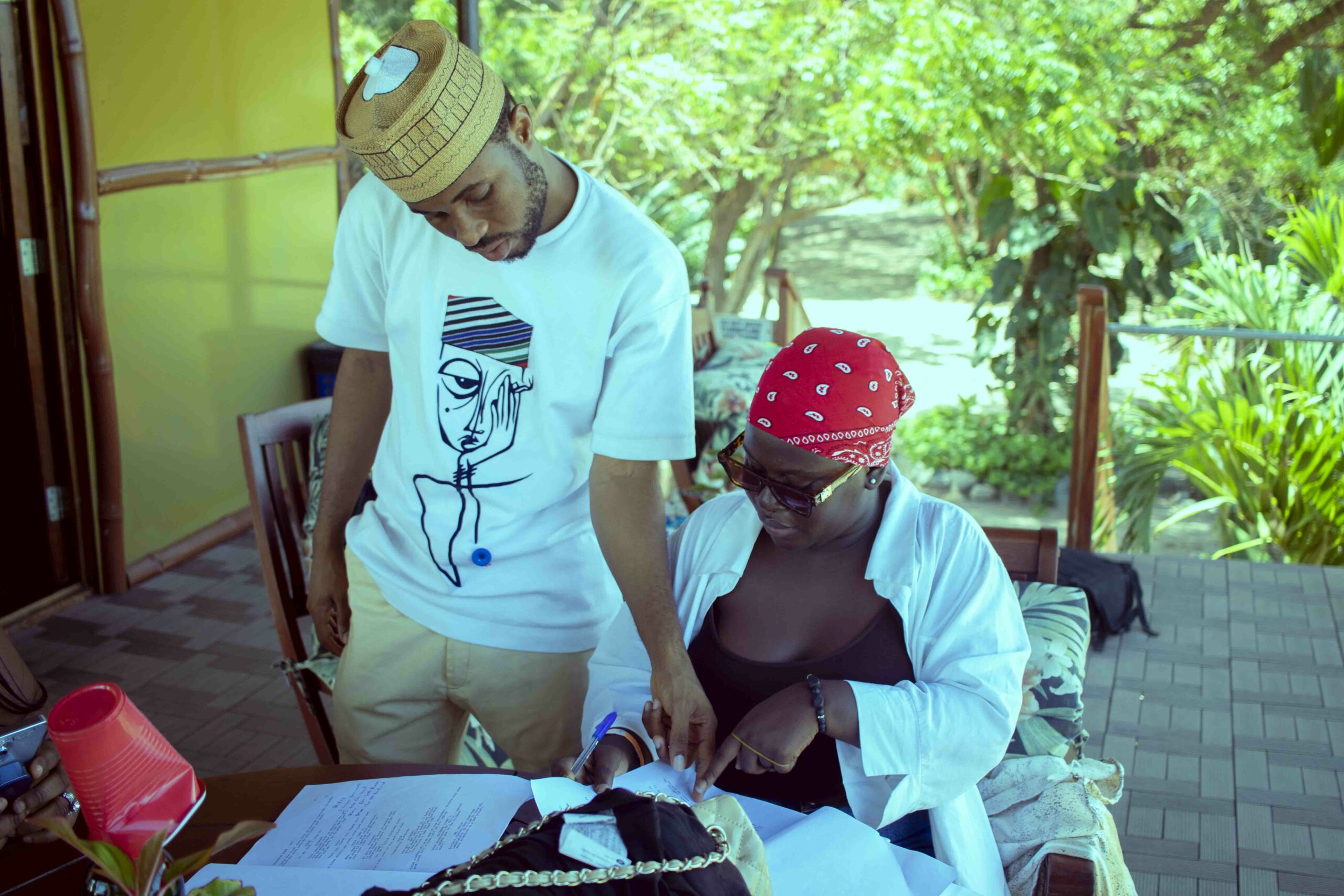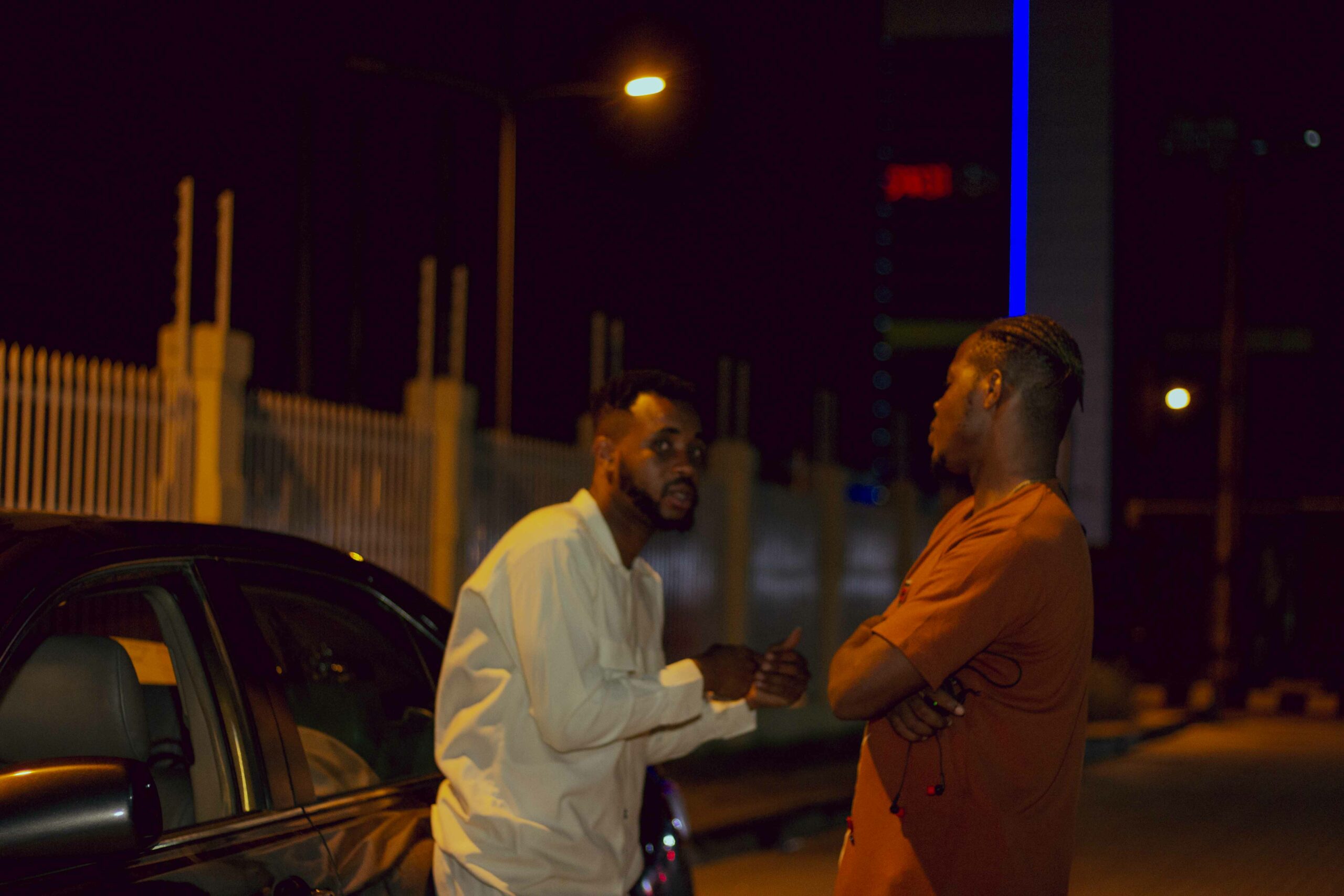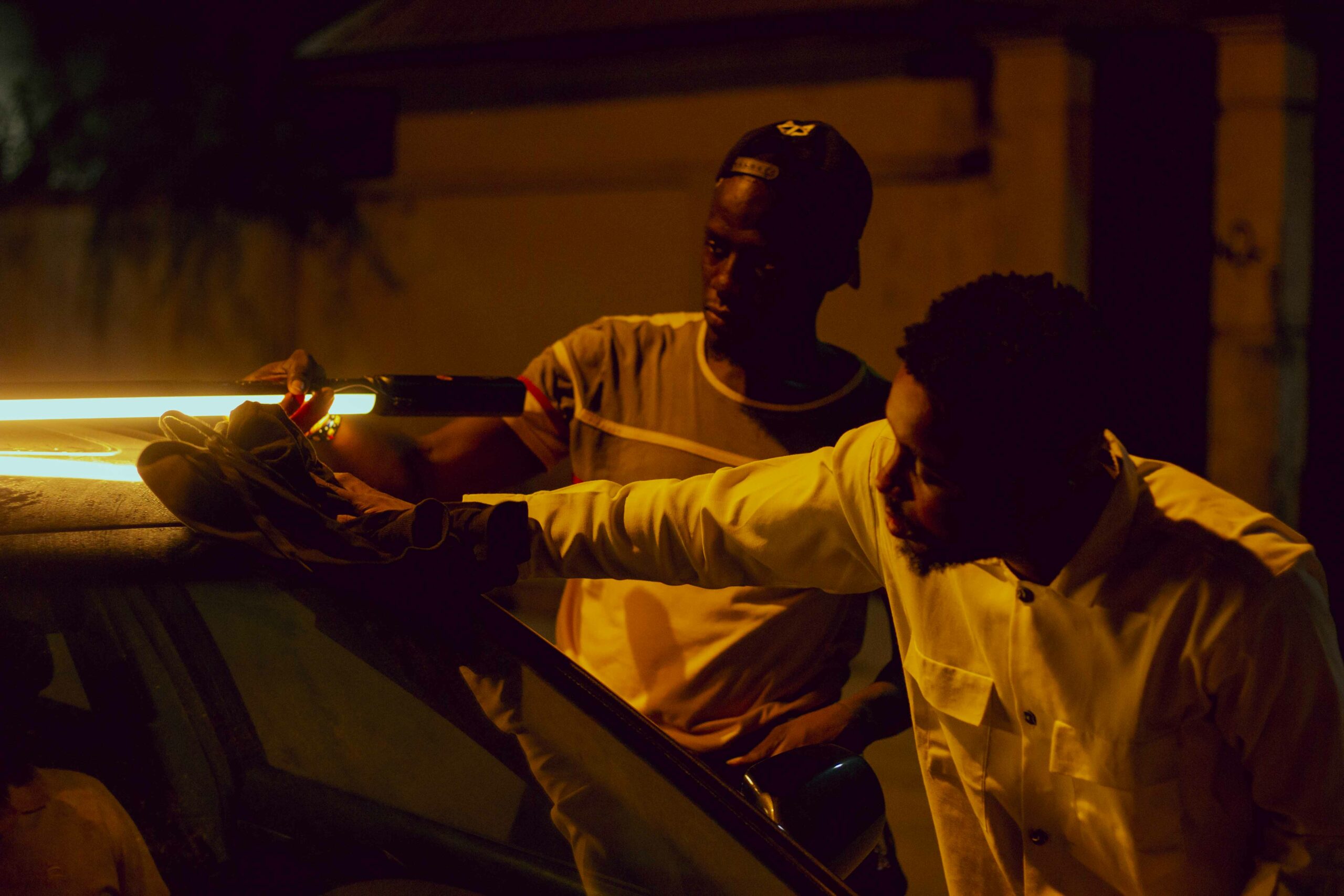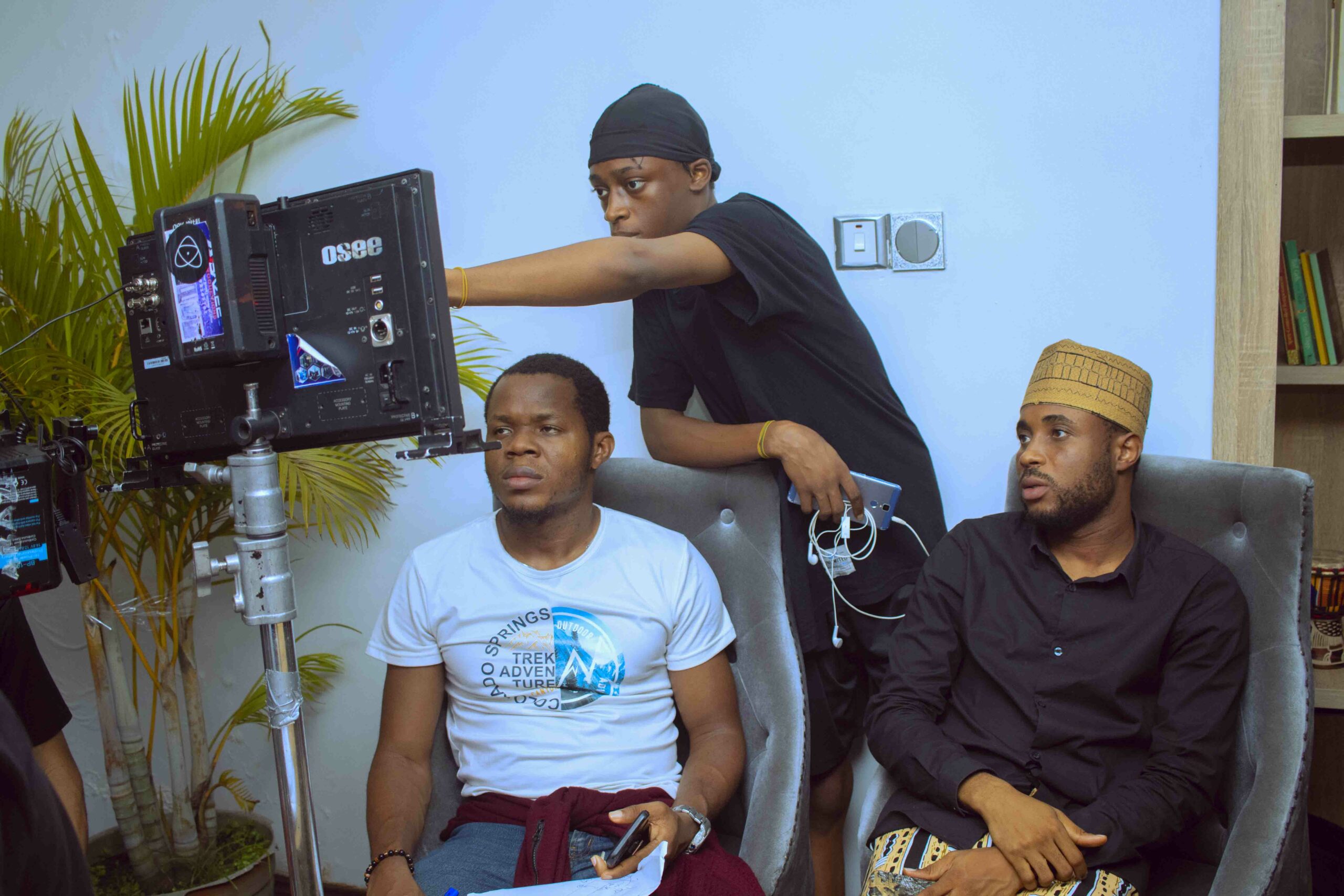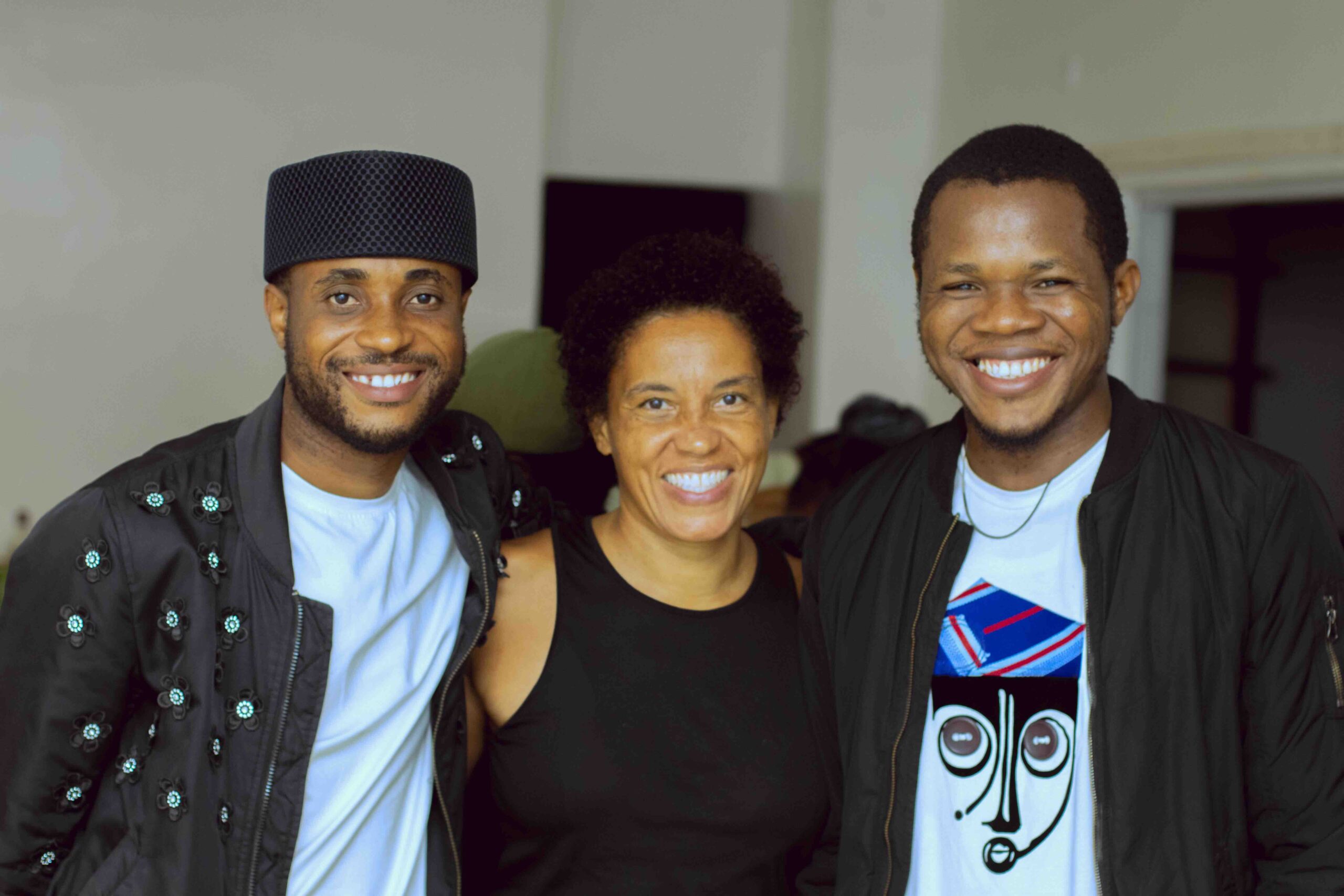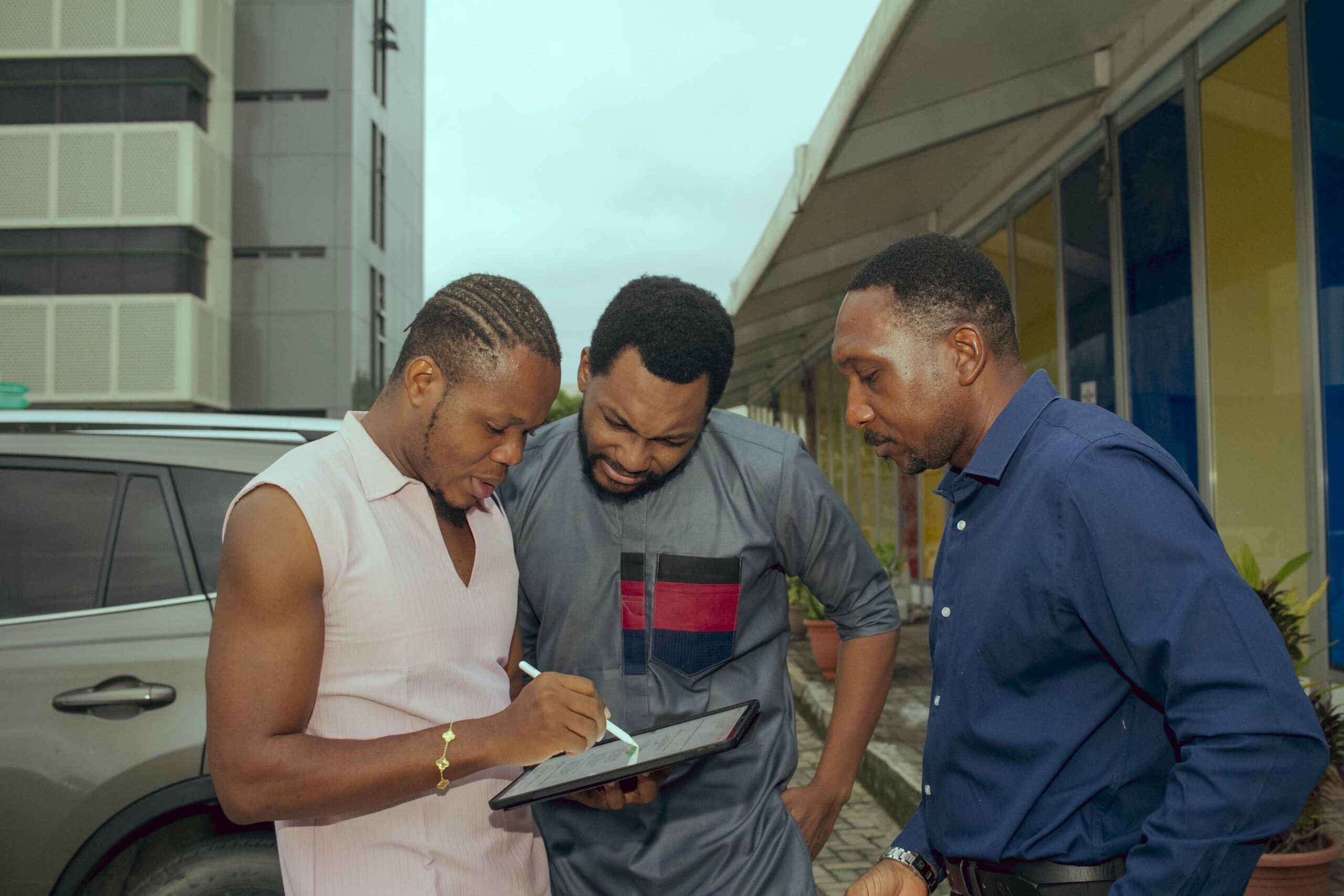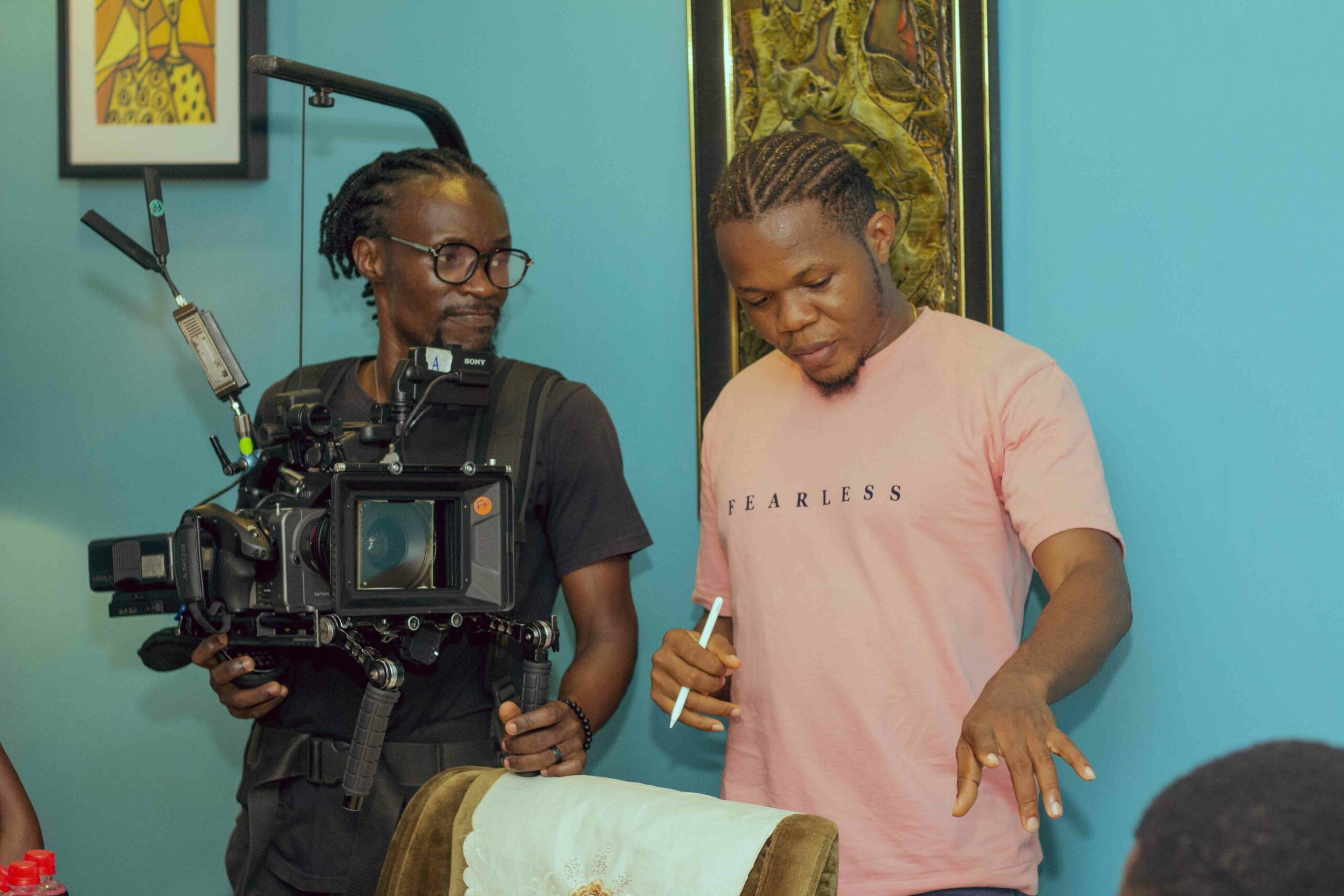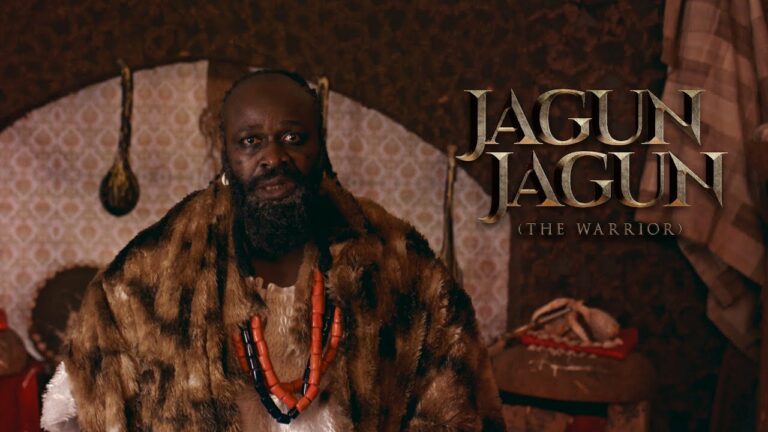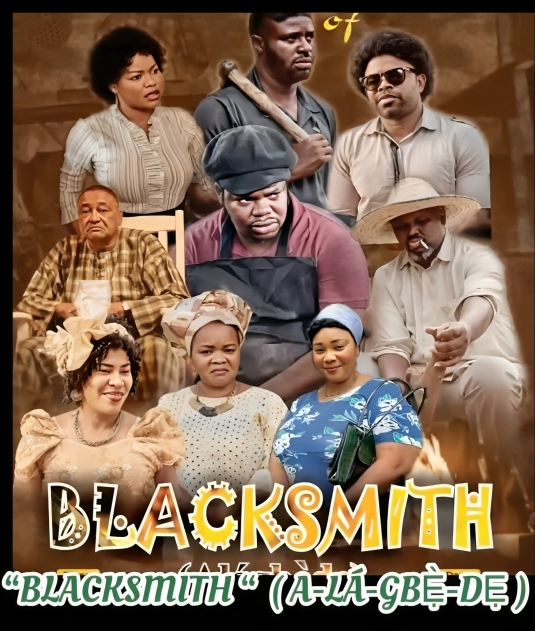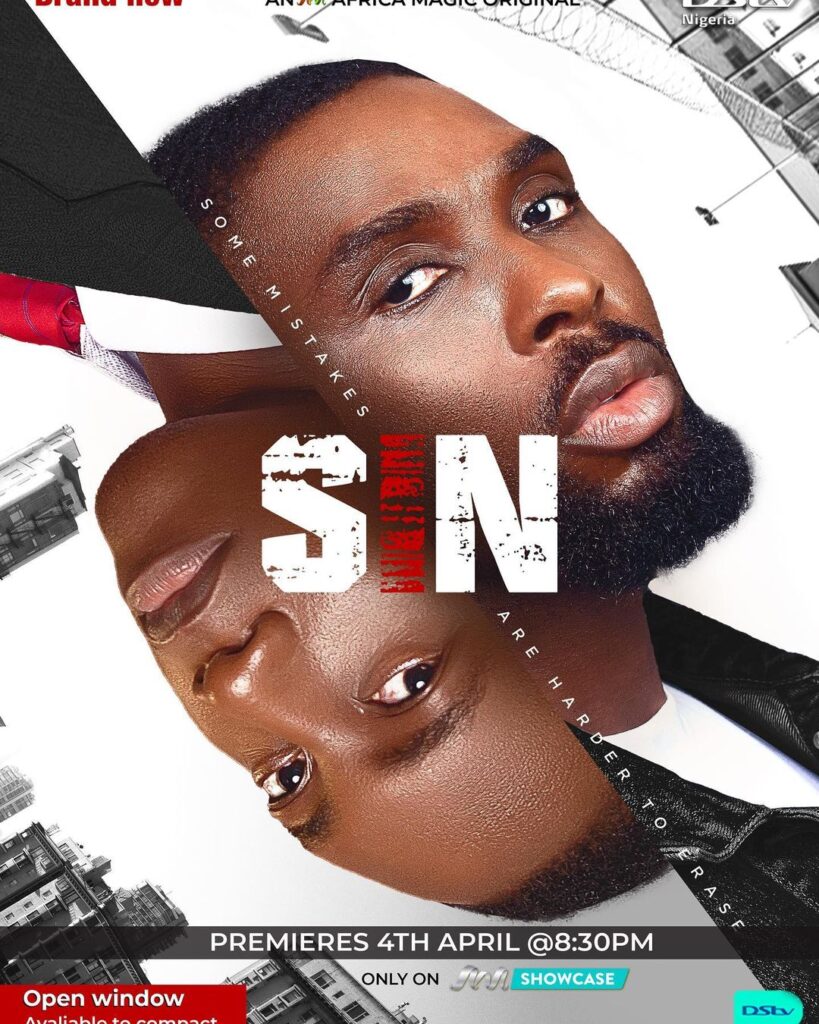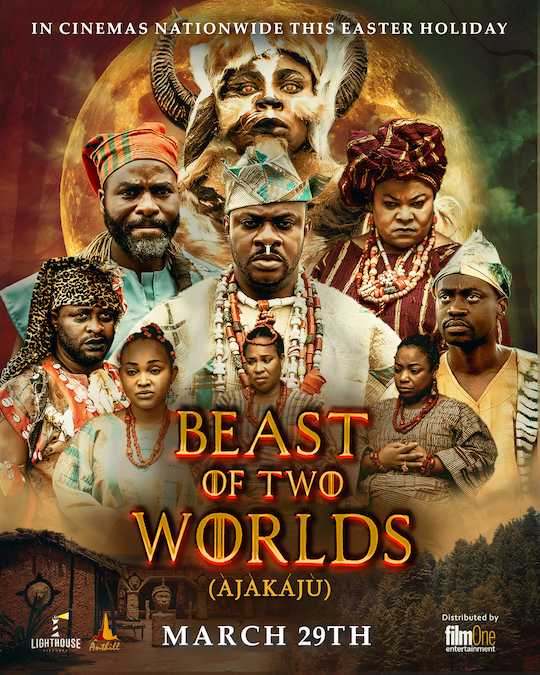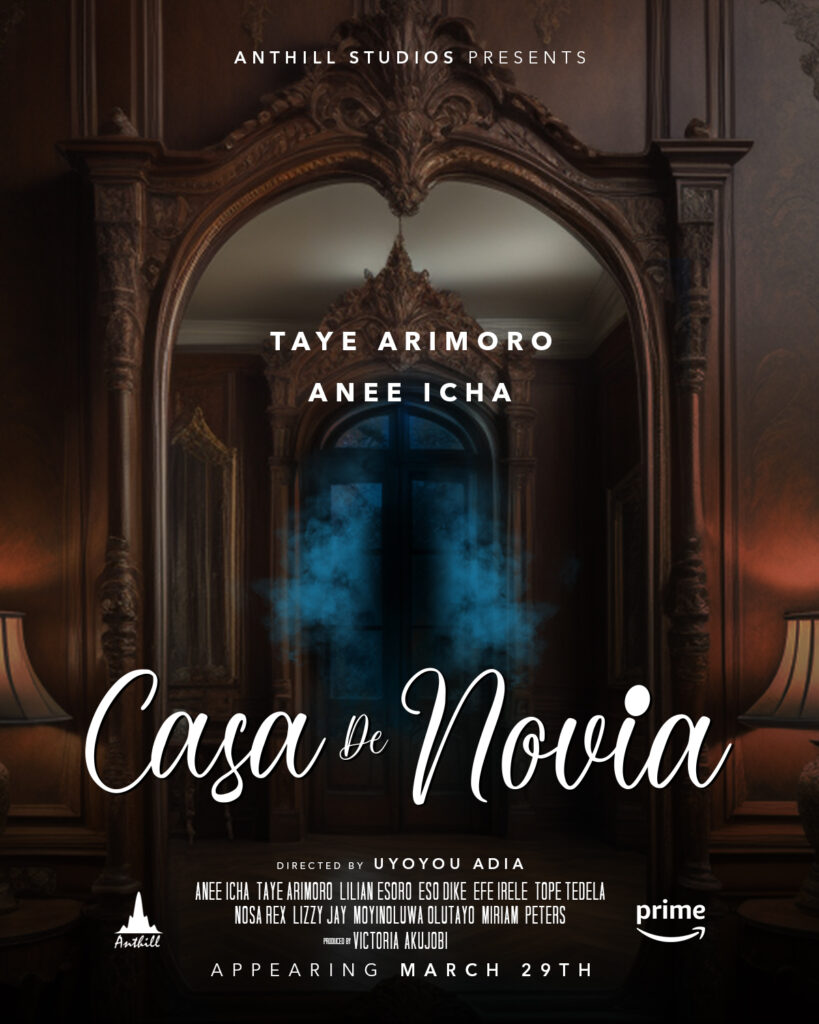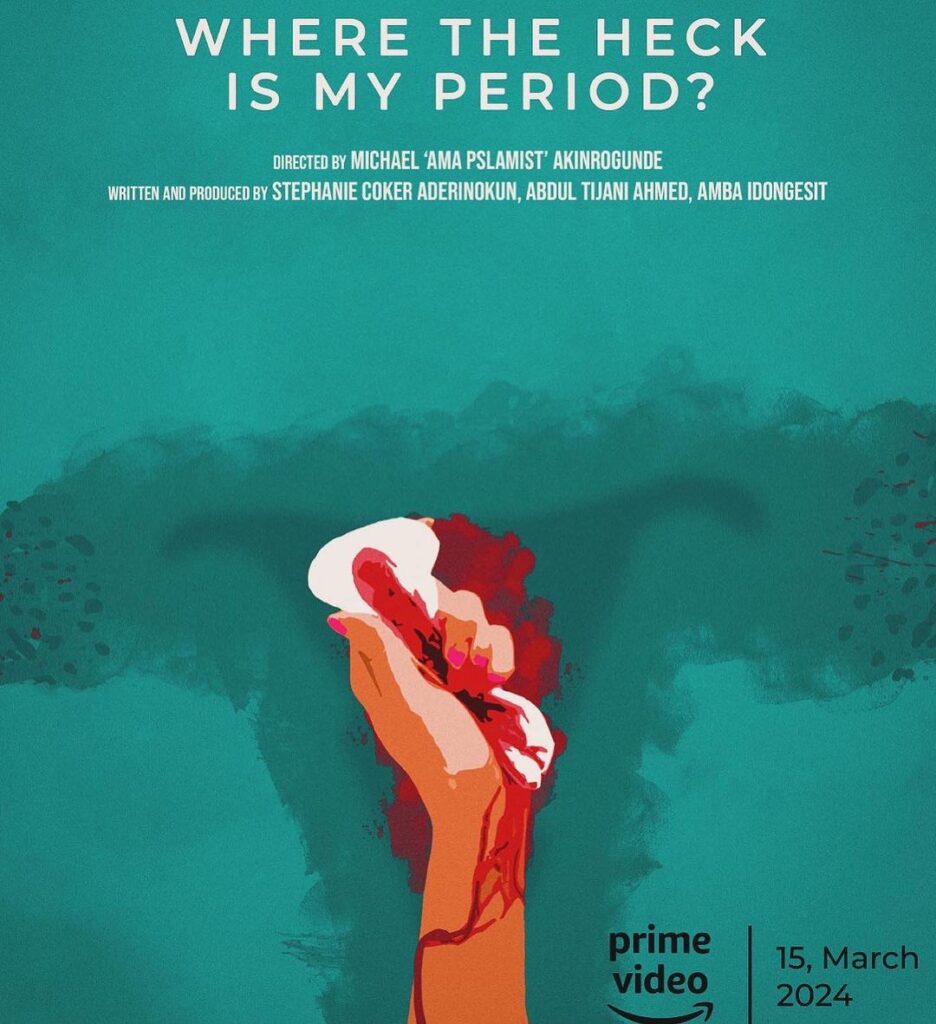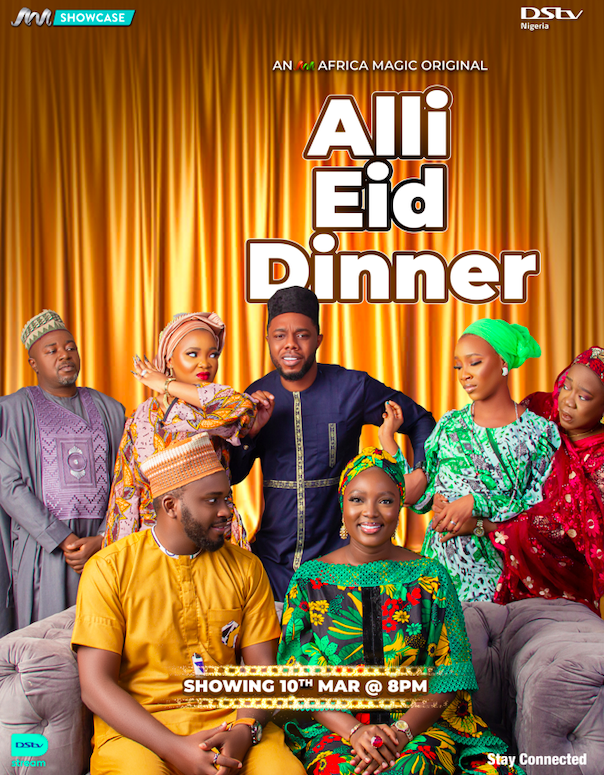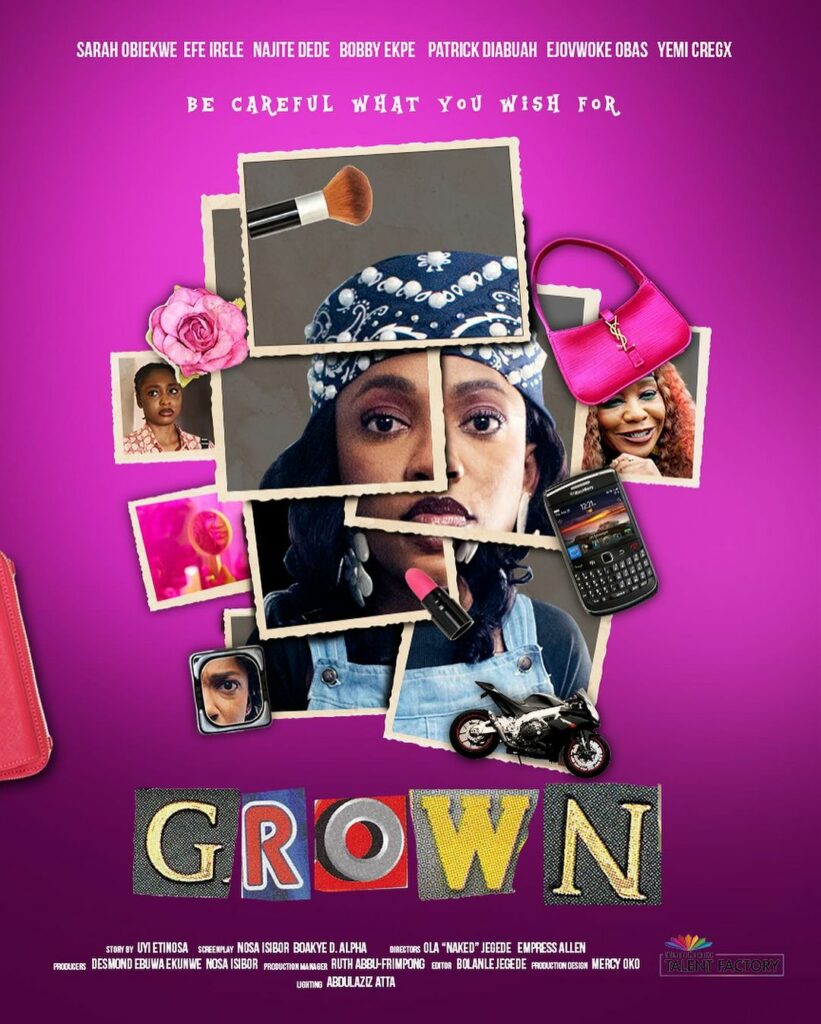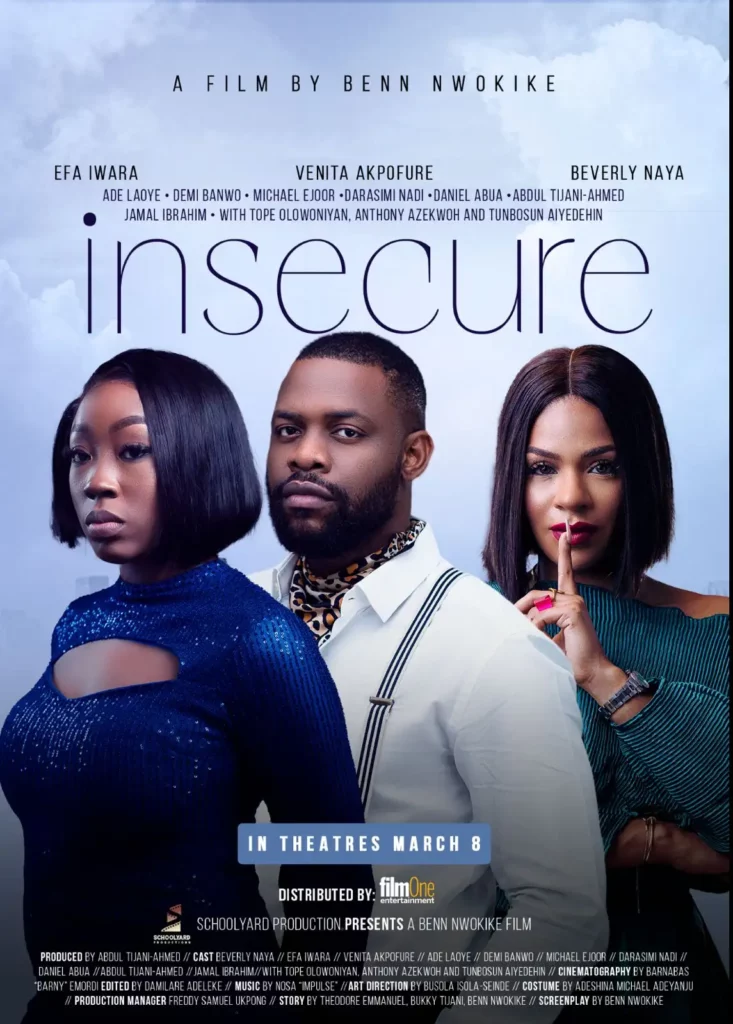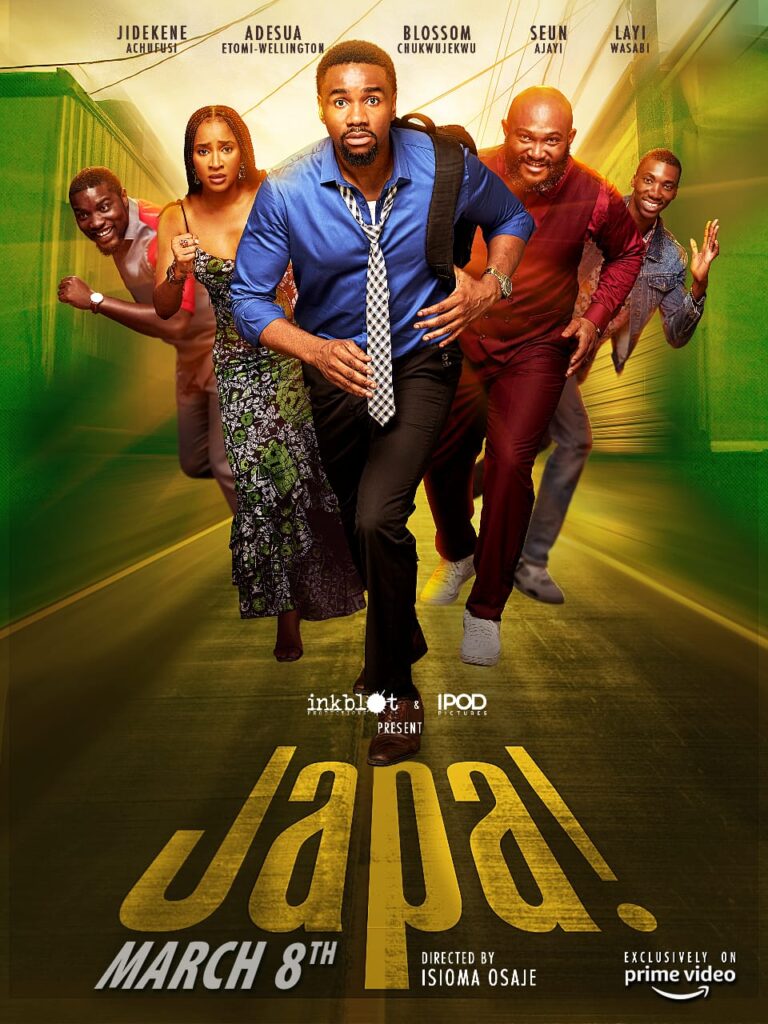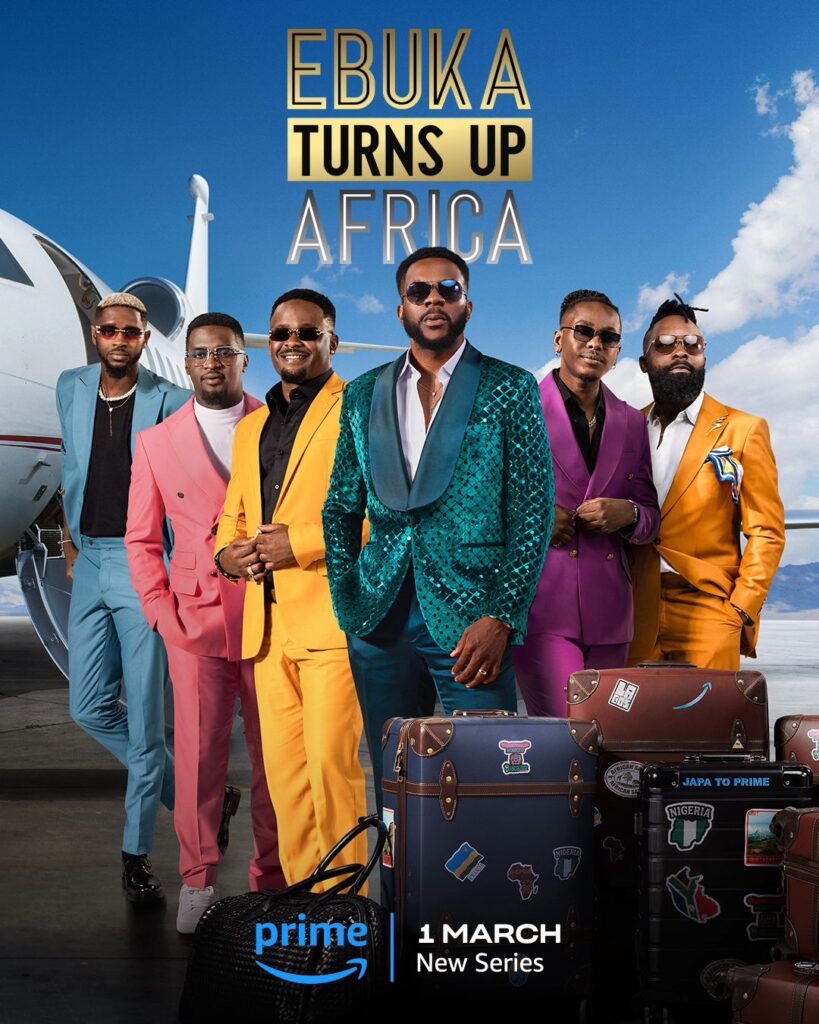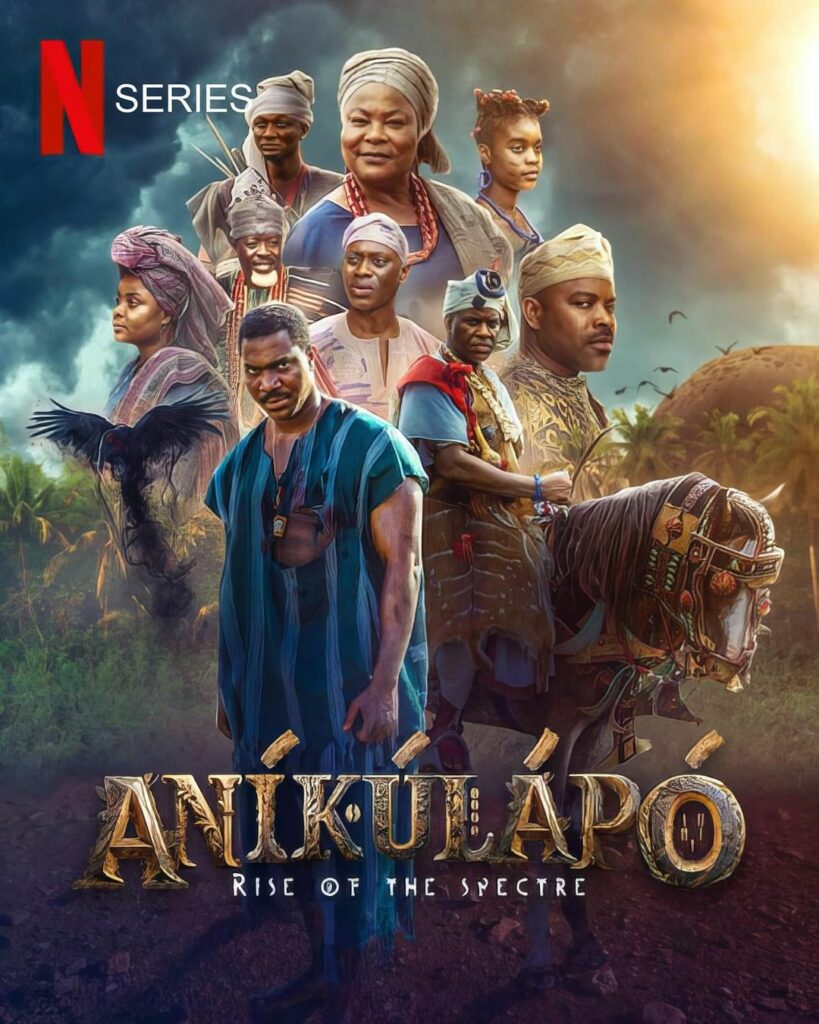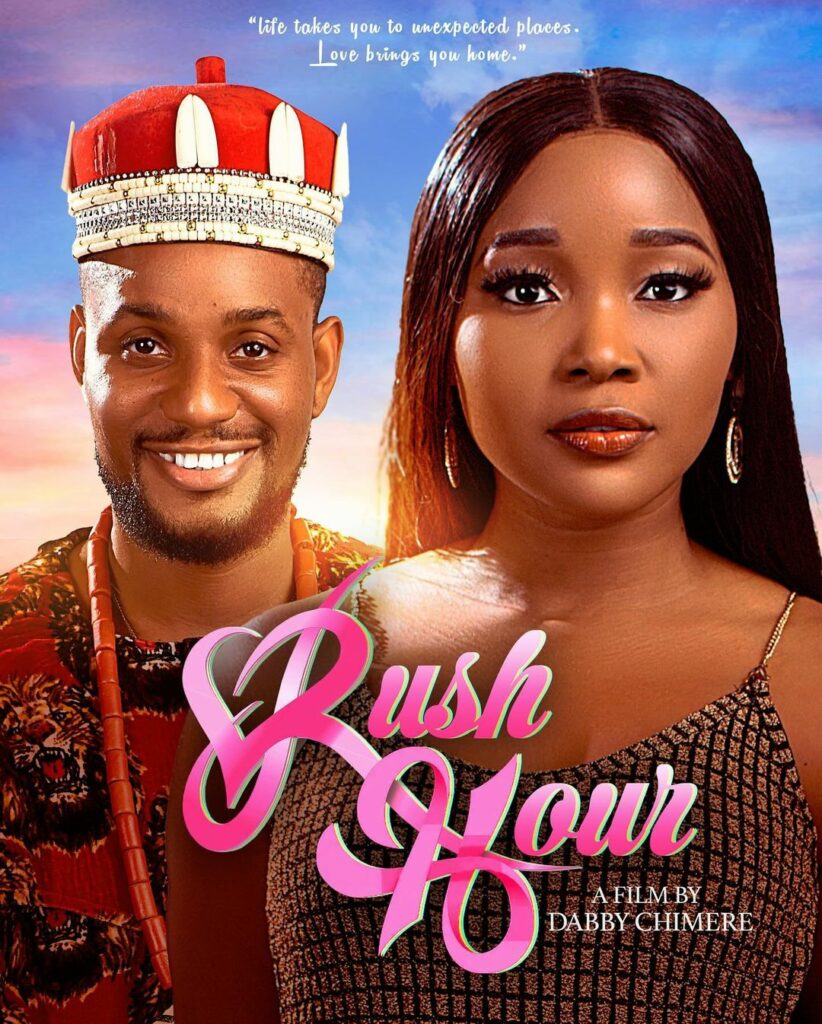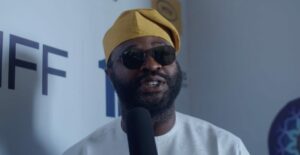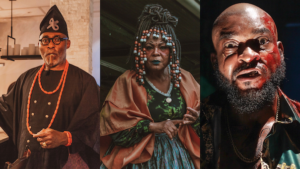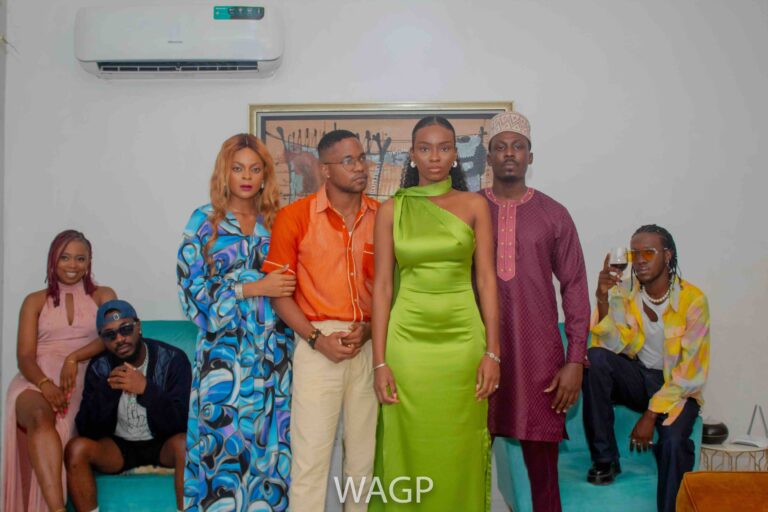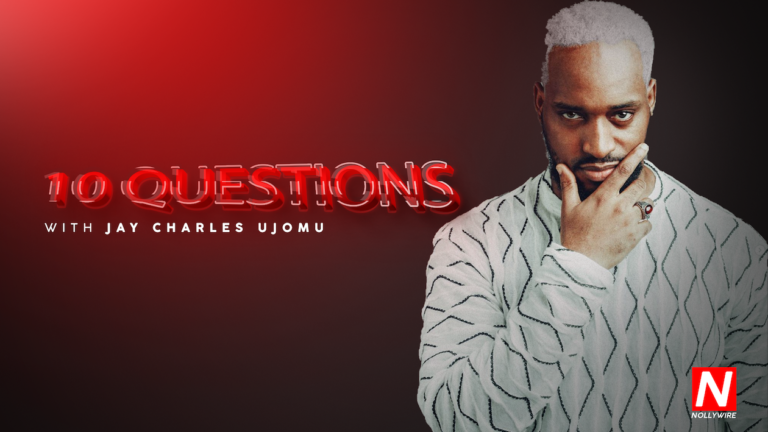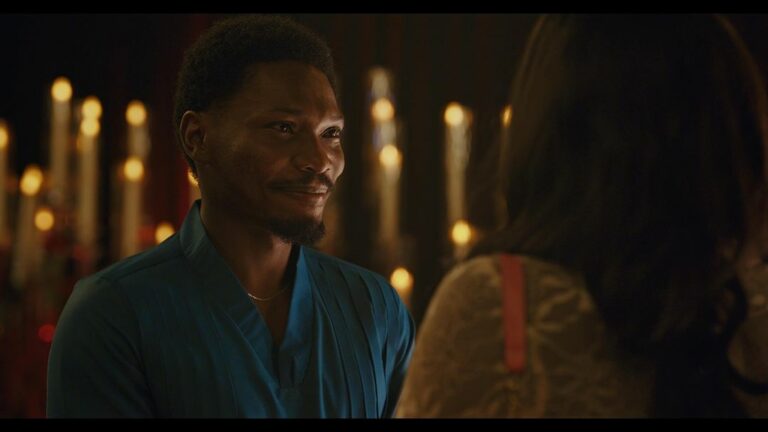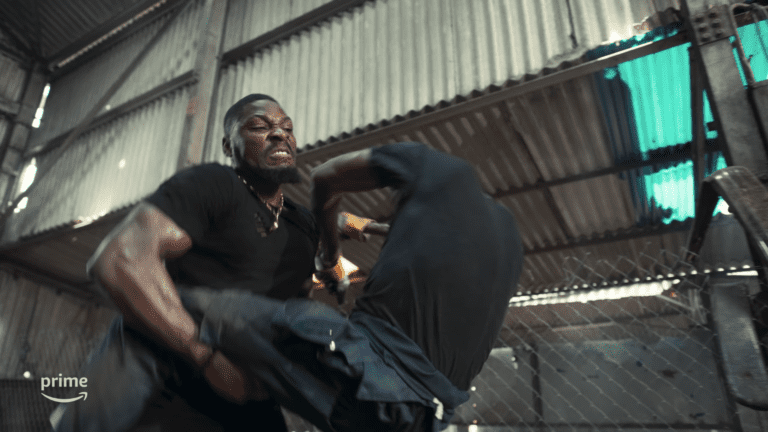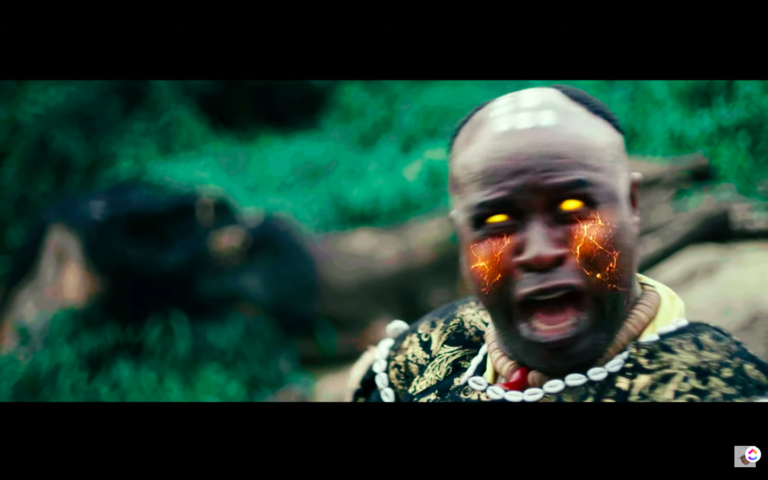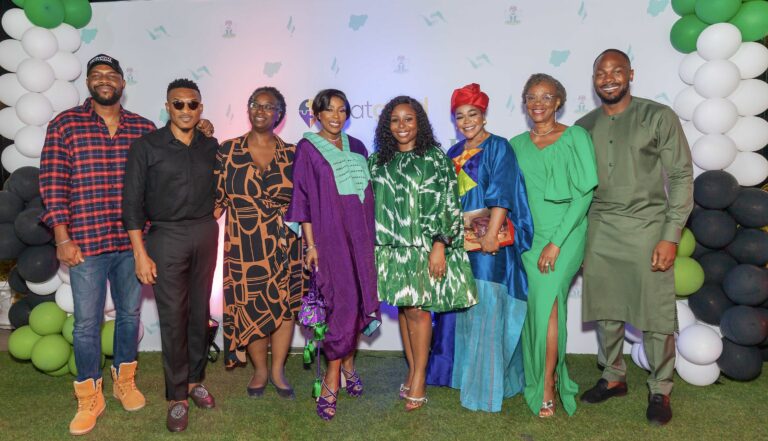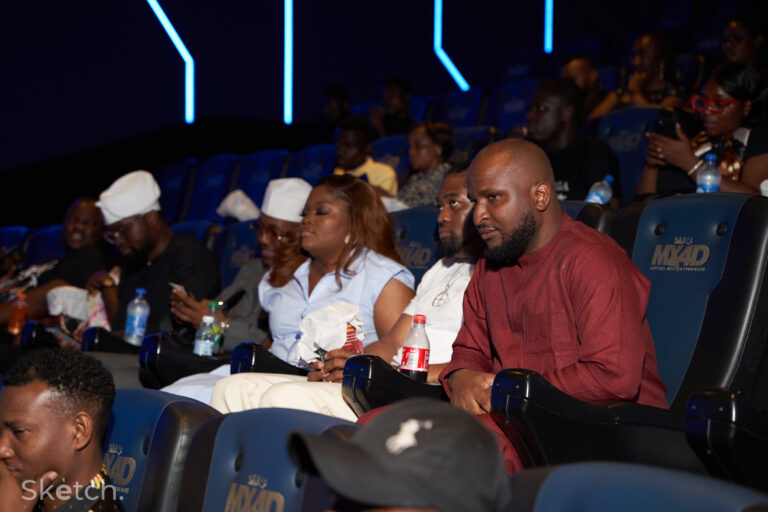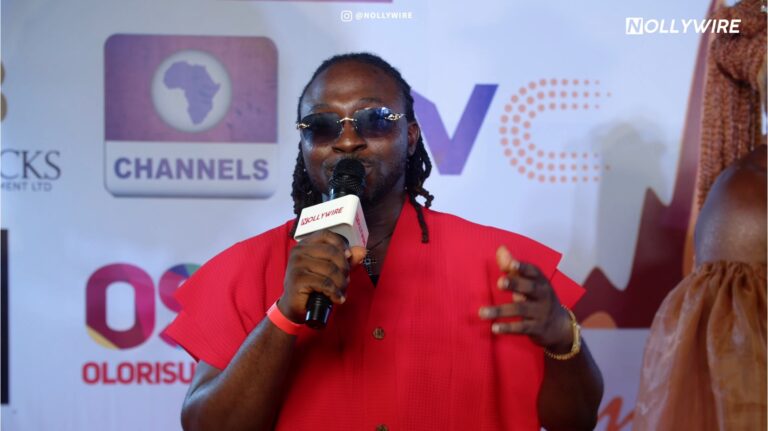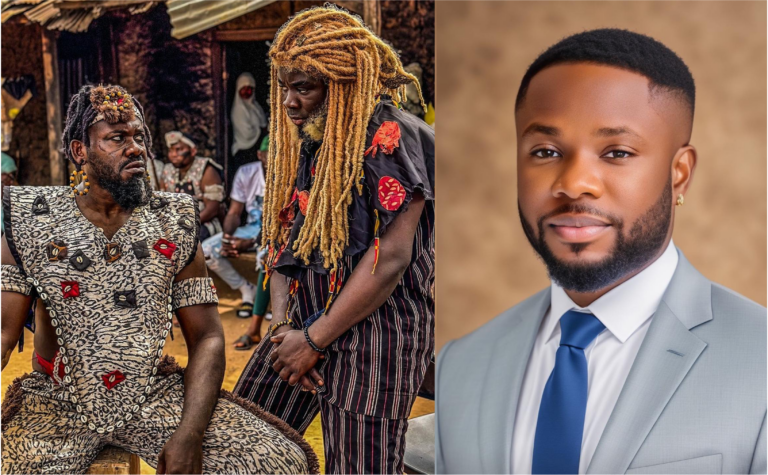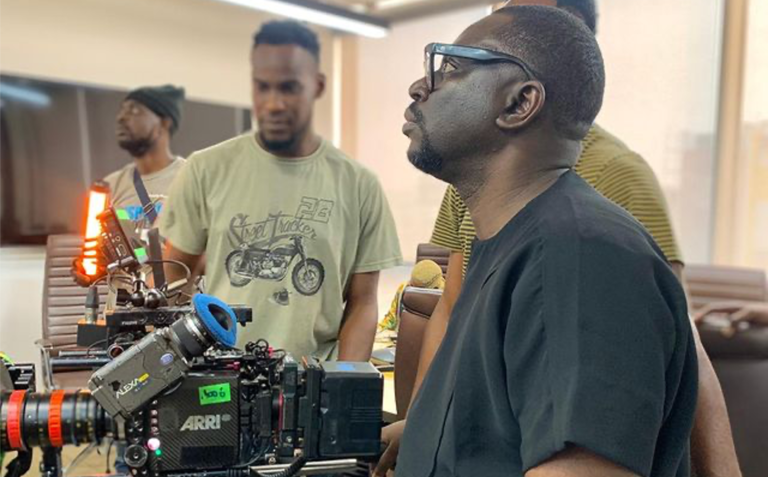“Filmmaking is a collaborative effort” is a recurring cliche associated with the making of motion pictures. As a long-standing cliche, it captures the unity of a distinct filmmaking department—writing, cinematography, art directing, producing, etc.—that is involved in the making of films.
By relying on each other’s creative choices, filmmakers build trust and confidence in each other’s crafts. Over the years, through frequent filmmaking collaboration, a filmmaker—let’s say, a director—can become solely reliant on another filmmaker, such as an actor or editor, to bring their vision to life. The history of Hollywood is replete with such frequent collaborations. Martin Scorsese and Leonardo DiCaprio are frequent collaborators who share a director-to-actor relationship. Another partnership that comes to mind is the one between Tim Burton and Helena Bonham Carter.
In Nollywood, some filmmakers seem to maintain this filmmaking alliance too. Rarely will Kayode Kasum or Dare Olaitan, both remarkable directors in their own right, make a film without the name of the other appearing on the credit list, either as producer or executive producer.
Josh Olaoluwa and Orire Nwani are two Nigerian filmmakers who share a similar filmmaking kinship. Olaoluwa and Orire both complement each other’s creative efforts. This creative collaboration has resulted in producing ‘No Means Maybe,’ ‘Love Language,’ ‘Naked Woman,’ and ‘Grind’—which have won awards and audience recognition. Their partnership has led to the establishment of their production company, Conceptified Media.
Their award-winning film, ‘Love and Seclusion,’ featuring Efe Iwara and Tope Olowoniyan in pivotal roles, celebrated its international premiere in New York in February 2024. Additionally, Olaoluwa earned recognition as one of the 27 Fellows chosen for the 2024 Project Involve Initiative in Los Angeles, orchestrated by Film Independent. The initiative, commencing in January and concluding in November, is a prestigious programme. Post-fellowship, Olaoluwa is set to spearhead a project in Los Angeles.
Building on what started as a childhood friendship into a filmmaking relationship, Olaoluwa and Nwani have created a trademark identity by constantly working with each other. In this exclusive interview with Nollywire, Olaoluwa and Nwani share interesting details of how their childhood friendship morphs into a creative partnership, their first filmmaking collaboration, ‘No Means Maybe,’ and future projects they are working on with Conceptified Media, their film production company.
Nollywire: How did you and Orire Nwani first meet, and what was your initial impression of each other?
Josh Olaoluwa: We have been friends for the longest time. First through our families, and then we eventually attended the same secondary school, and this was where the chemistry began. So I don’t think we were conscious enough to have a first impression of each other. We both chose the sciences, and at some point in junior secondary school, smartphones became a thing. I remember we used to practice disappearing and appearing flicks by manipulating the phone camera. It was an exciting time to think about it.
We eventually graduated from secondary school, and then Orire took filmmaking more seriously. He studied computer science at UNIBEN, and I remember him watching loads of Andrew Cramer videos and just doing a lot with basic After Effects. He was always experimenting with his discoveries with me as the model or subject. I, on the other hand, studied marine biology at UNILAG, and I wasn’t keen on filmmaking, but he kept dragging me along.
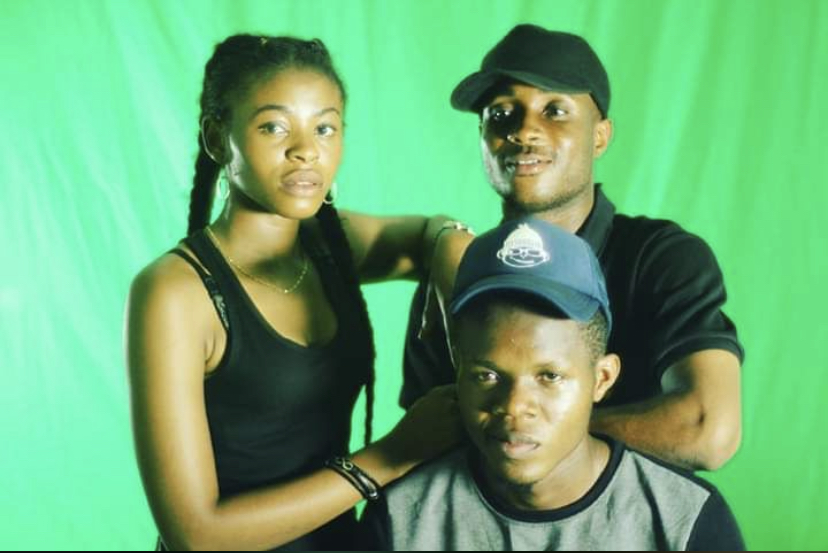
Can you tell us about your first project together? How did the collaboration come about, and what were the highlights of working together on that film?
Olaoluwa: That would be our first official short, ‘No Means Maybe,’ which was shot in 2018. Our other mutual friend, Ejiro Esigbone, had written an article that deftly addressed rape and its effect on victims. Orire sent me the article and said it was going to be his short film as a director, and I was going to be the producer. It was funny because I didn’t even know what it meant to be a producer. But I am quite big on supporting my friends, so I took the challenge.
A few months later, we were on the film set, and that was the official start of what we have now. I think the biggest highlight was the actual premiere of the film. We had an arrangement with a local cinema at Palmgrove Lagos, Magnificent Cinema, and invited our families and friends, and surprisingly, they all turned up for the screening, filling the entire cinema hall. It was just such a humbling experience for us. The support we received also validated our dreams as first-time filmmakers.
We both decided to enrol in a film school (Del York Creative Academy) shortly after and properly began the journey of honing our film craft. We also launched and registered our production company, Conceptified Media, afterwards.
Your filmography includes several successful projects like ‘Grind,‘ ‘Naked Woman,‘ ‘Making of a King,‘ ‘Love Language,‘ and ‘Kill The Impostor.‘ What do you believe is the key factor that makes your collaboration so effective?
Olaoluwa: Basically, I think it has to do with having a growth mindset. We want our next project to be better than the last, and we are super conscious of that fact going into any work. We also spend lots of time in development and pre-production, and a lot of those projects involved planning them to the littlest detail. Everything rises and falls in the story, so we try as much as possible to get the material to a place where we are confident that audiences can relate to and resonate with the characters and with the story world. I think we also mutually respect each other and take the work very seriously.
This essentially ensures that we are accountable to ourselves and the process. Most of the feedback we get from our production is always about how efficient and well-organised our sets are, and this is mainly because of how much respect we have for each other and the project.
We are also very big on collaboration, and for example, ‘Kill The Impostor’ was directed by our regular collaborator, Joseph Adeniyi TAJ, and not by Orire. We were both producers on the project, the same with ‘Love Language,’ which went on to win the Grand Jury Prize for Best Short Film in Paris at Nollywood Week and also garnered an AMVCA nomination.

Throughout your partnership, you’ve worked on both producing and directing roles. How do you complement each other’s strengths and expertise in your respective roles?
Olaoluwa: I believe honesty is an important part of every process, and we are very aware and upfront about our strengths and weaknesses. I think that Orire is a better leader than the two of us, and I do not feel threatened by that. He has a calmer approach to problem-solving, while I go about it with more urgency. So that gives us the perfect balance on projects because we eventually arrive at the right pace.
I am also a great producer, so while on set, Orire never has to worry about producing issues, which affords him the chance to be completely immersed in the creative process. I can also say the same for him. I enjoy working with him because I also trust his creative judgement, so I don’t have to overly worry about what is happening in the frame.
As a team, you’ve tackled various genres and themes. How do you decide which projects to work on together, and what draws you to specific storylines or concepts?
Olaoluwa: We are quite big on thematic stories, and because we have also worked together so many times, our creative sensibilities have become quite similar. Right from our first film, where we tackled rape and how close to home it can be, to ‘Ije,’ where we spoke against police brutality using the #EndSARS protest as our backdrop, to Naked Woman, where we addressed single motherhood and abortion rights, we are always very keen on doing more, just beyond entertaining people.
We also find creative and engaging ways to do this without being too preachy, as all these films will go on to do well critically and among audiences too. ‘Naked Woman,’ for example, has over forty thousand organic views on YouTube. ‘Grind’ debuted in the top spot on most streamed shows on Prime Video Nigeria. Critically, these films have screened at over 20 international film festivals, picking up over ten awards cumulatively. We also had one of the only three short films selected by the Smithsonian Museum to celebrate Nigeria’s 63rd Independence in Washington, D.C.
I believe that every single human story has thematic elements, and so we try to find a fine intersection between exploring these themes and keeping the viewers engaged. In choosing projects, I believe that there are essentially no bad or good ideas; what sets them apart is the amount of time you are willing to spend in development and rewrites. So as long as there is room to improve a material, we will always keep an open mind.
‘A Sunday Affair‘ and ‘Irora Iya‘ were films you both worked on individually as well. How did the experience differ when you collaborated on a project versus working independently?
Olaoluwa: I spent a year producing at EbonyLife Studios, and this experience shaped me in many ways. I was able to collaborate with other brilliant producers while also working with directors outside of my regular team. The principles of filmmaking are the same everywhere, and it should not matter who you work with so far; everyone approaches the work with the level of professionalism and artistry needed.
I will say that the only difference is probably the fact that the scale is much bigger with the studio, and I had to find new ways to quickly adjust to the exigencies and the faster pace. I suspect it was also similar for Orire, who worked on a 52-episode TV show with a different team. Eventually, we gave a good account of ourselves working without each other. We have always been aware that working with only ourselves is a special privilege that we are fortunate to have, and at some point, we will have to work with new people on separate projects. The most important thing is that we keep growing individually and as a team.
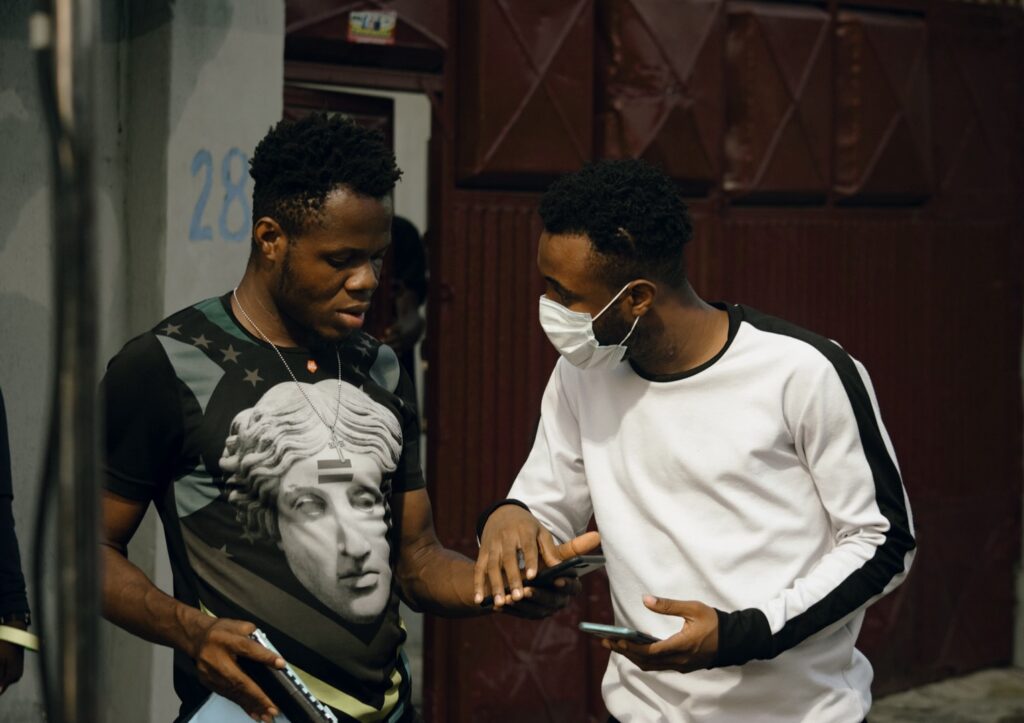
How do you navigate creative differences or challenges that arise during filmmaking?
Olaoluwa: Most times, we talk through the process before we start shooting. So we do not resolve creative differences during production. We do it long before we start filming. It’s not about who is right or ego; we are all on the same team, working towards the same goal at the end of the day. We also don’t work alone. So sometimes, when we have conflicting opinions, we run them by other key members of the team, whose judgement I also strongly trust.
We have tried to vote in the past, but that was not sustainable because filmmaking is not a democracy; it is a bit more complicated, and sometimes someone must have the final say, which in most cases is the director. Also, I am mostly about what is best for the story; sometimes in post-production, I really like something but then let it go because I understand and agree it’s not moving the story forward.
Orire Nwani: Creative differences are a constant in our work because, surprisingly, they often lead to the enhancement of the story. They serve as a crucible where ideas are refined and shaped. Over time, we’ve cultivated the skill of active listening and understanding each other’s perspectives, aligning them with the overarching narrative or concept.
This collaborative spirit extends even to our time on set, where open discussions prevail because we acknowledge that no one possesses all the answers. By asking the right questions, we collectively arrive at our desired outcomes. There are occasions when we defer to one person’s ideas or suggestions, often mine. In such cases, the responsibility and impact of the decision rest with that individual. Regardless of the outcome, we proceed as a unified team, ensuring that no one harbours discontent.
Your upcoming projects, like ‘The Wives‘ and ‘Love & Seclusion,‘ seem to continue your partnership. What excites you the most about these projects, and what can the audience expect from them?
Olaoluwa: I am super excited about both projects because the stories are quite different from our earlier works. ‘The Wives’ is a more mature, faith-based, and family-centred film that our production company Conceptified Media produced in collaboration with ILLUI, the production arm of Elevation Church. Our approach to this film was also unique because we were both coming back to work together after working on separate projects in the last year. So we picked up more skills and experiences that we were able to apply. We are currently wrapping up post-production, and I am very impressed with the level of work done by the entire team on the project.
‘Love and Seclusion’ was set during the COVID-19 pandemic, and we had our collaborator on ‘Ije,’ Clementina Ojei, write and co-executively produce it with our production company. It recently won the New York City Prize for Post-Production, being the only African film selected in the fiction category. It follows a couple trying for a child during the lockdown, and it is having its world premiere in New York in February 2024. So I am quite excited about these projects, as well as the ones we will be shooting in the coming months.
Can you share your perspective on how you and Josh Olaoluwa first came together as collaborators?
Nwani: I’m not sure Josh and I ever knew we were going to be filmmakers; talk more about collaborators. I guess life just brought us together, and somehow we stuck together. I have always loved films growing up, so since we went to the same secondary school, we would always go to my house with some of our classmates to just watch films and gist about them.
We always got into trouble after, though. But then, there was never a time we both discussed becoming “collaborators;” that was fate. We grew up in a children’s church together and went to the same secondary school. Though we went to different universities, somehow we kept in touch, and when I returned to Lagos in 2014, our film journey started.
Among the various projects you’ve worked on together, is there a particular film or moment that stands out as a turning point in your collaborative relationship? If so, why?
Nwani: I remember one day in 2014, we were standing around the Maryland bridge in Lagos, Nigeria, and I brought my phone, and we recorded something. Josh was always the model. I edited it, and it excited us a lot because I was just learning how to use editing software then. We did a series of shoots and dits over some time, and it slowly became clearer that we would do film, even though he was quite reluctant during the early days.
My energy pushed us through because I sort of had more clarity about wanting to be a film director. We made our first film together in 2018; we did everything we had learned on YouTube and watched people do, with support and collaborations from friends; it was a life-changing experience as we journeyed from pre-production to post and then to the final output, which we screened at Magnificent Cinema in Lagos. Friends and family showed up, and we screened the film twice because the hall couldn’t take everyone. That day, we knew what real film was. Well, if you’re wondering what we were doing between 2014 and 2018, we were failing woefully. Well, that’s another conversation for another day.
As both a director and producer, how has your partnership with Josh influenced your creative decisions and approach to filmmaking?
Nwani: I trust Josh, and I know that whatever decision he makes, it’s in service to the story and company. We both are very critical about the stories we tell, so we spend a lot of time on story development, as this is the basis of what a great film will be. Our ability to rely on the other person’s ability to make sound decisions is what has made us thick as thieves.
Josh has an eye for story, and his ability to hire the right people at the right time is one of the secret ingredients to most of our best works. Sometimes I ask myself, What will Josh do?, How will he hire?, and What will he say to make this story better? If I answer these questions correctly, the work will be better for it.
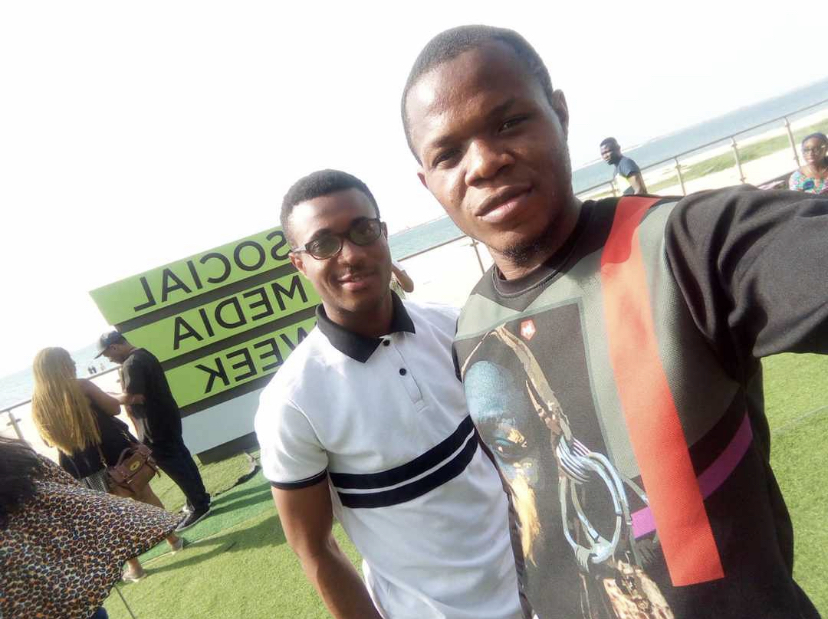
‘Grind‘ and ‘Naked Woman‘ were successful films you directed. How did your collaboration with Josh Olaoluwa on those projects contribute to their success?
Nwani: It’s all in the little things. I enjoy collaborating with Josh; with him, I can focus on directing and not be worried about administrative or logistics-related issues. He double-checks everything before we get on set, so we never have location issues, equipment issues, or actors arriving late.
Anything hardly goes wrong on a Josh-produced set; even welfare can’t come late. He understands the power of delegation and uses it to further the progress of any work that needs to be done. His technical knowledge and creative input also help to redirect me if I ever feel stuck. I remember moments when he walked into the set and advised us to take a shot; sometimes these shots saved us in the post. Josh is the most efficient and effective producer I know; he carries every project from ideation to distribution. And it is not just with me; that’s just who he is.
In addition to directing, you’ve also worked as a producer alongside Josh. How does your dynamic change when you take on a producing role together?
Nwani: I often work as a creative producer, and Josh is the sole producer. As a creative producer, I primarily focus on the conceptual and strategic aspects of a project. I handle idea generation, concept development, and project planning, while Josh specialises in turning these ideas into tangible, visually captivating experiences. This division of labour optimises our workflow, allowing me to stay immersed in creativity while Josh works his magic to bring our ideas to life. Our partnership ensures a blend of creative thinking and meticulous execution, consistently delivering outstanding results that exceed expectations.
What do you admire most about Josh’s work as a filmmaker, and how do his strengths complement yours?
Nwani: Josh is talented and has exceptional skills in execution. He is like Dr. Strange; he sees all the possible outcomes before we get on set, preempts any problems, and solves them before we get on set. His foresight creates an environment that enables me to concentrate on the storytelling aspect, ensuring our final work aligns with our project’s objectives. Josh takes on the role of the promoter, positioning us as a reliable and sought-after brand.
The best thing since ‘Jollof Rice’ is that he actively markets the products we create, while I focus on ensuring we have a tangible product to deliver. Despite our distinct roles, we readily switch positions to cover each other’s weaknesses. Our approach to every project is consistent: how can we surpass our previous efforts? We critically analyse past projects, turning errors and lessons into strengths as we approach new endeavours.
Looking ahead, with upcoming projects like ‘The Wives‘ and ‘Love Language,‘ how do you envision your collaboration evolving in the future? Are there any new challenges or ambitions you hope to explore together?
Nwani: We’re actively shaping the future we desire by deliberately selecting the narratives we tell. The film holds a deeply personal significance for us; we’re acutely aware of the potential for our stories to shape lives and influence generations. So, we’re committed to crafting content that aligns with our values.
Our passion for collaboration is a lifelong commitment. We aim to foster opportunities for emerging filmmakers, emphasising collaboration over competition. Our overarching vision is to cultivate a collaborative industry, free from toxicity, where crew members receive fair compensation for their work. Our ultimate objective is to make a meaningful contribution to Nollywood, leaving it in a better state than when we found it. We’re dedicated to achieving this goal and making a positive impact on the industry.
Throughout your partnership, what lessons have you learned from each other, both professionally and personally?
Filmmaking is already hard, so it’s best to make films with the people you love. It’s okay not to have all the answers.
What sets your collaboration apart from other filmmaker partnerships in the industry, and how do you believe it contributes to the success of your projects?
Olaoluwa: Well, I only know about our collaboration so it’s not like there is a yardstick to measure it
Nwani: We’re not in competition with anyone in the industry, so we don’t go out to look for what others are doing and measure it against ours. Our sole focus is on telling meaningful stories, and this principle guides every aspect of our work.
Are there any specific qualities or values that you both share that you believe have strengthened your bond and contributed to your successful teamwork?
Olaoluwa: I will say it is mostly in having a similar work ethic and the willingness to always go the extra mile. We are very excellence-driven, and we will hardly compromise the process. A simple example was in the casting process for Naken Woman. We watched countless self-tapes, and we did not shoot until we eventually found our actor. Her audition video was coincidentally the very last one we watched out of over 70 entries.
Nwani: Somehow, I can continue a conversation that Josh is having with someone without talking to Josh and say exactly what Josh would say, and vice versa. I think it comes from our ability to trust each other without doubt. We are not threatened by our successes because we know that when one person wins, we win. We are both instinctive people, so oftentimes, we can preempt situations before they happen. This has constantly been reflected in our work and the decisions we make going into any project.
With each new project, what excites you most about collaborating, and how do you keep the passion for filmmaking alive?
Olaoluwa: What is most exciting is the fact that we get to work with our community. We have a team of people that we consistently work with, and it is always a special feeling every time we get to work with this team. We watch lots of films together when we are not shooting; we discuss artistic choices made by filmmakers we admire, and this way we have new things to look forward to when we are going on our projects. We try as much as possible to attend film schools, labs, and fellowships to deepen our knowledge.
Nwani: Josh is easily one of my favourite people to work with, so whenever there’s a prospect for a new project that we will be doing together, my spirit is usually lifted. The attention he gives to every detail always guarantees a smooth sail through the process. Filmmaking is all we know how to do; I don’t think the passion or love for it is going anywhere or anytime soon.
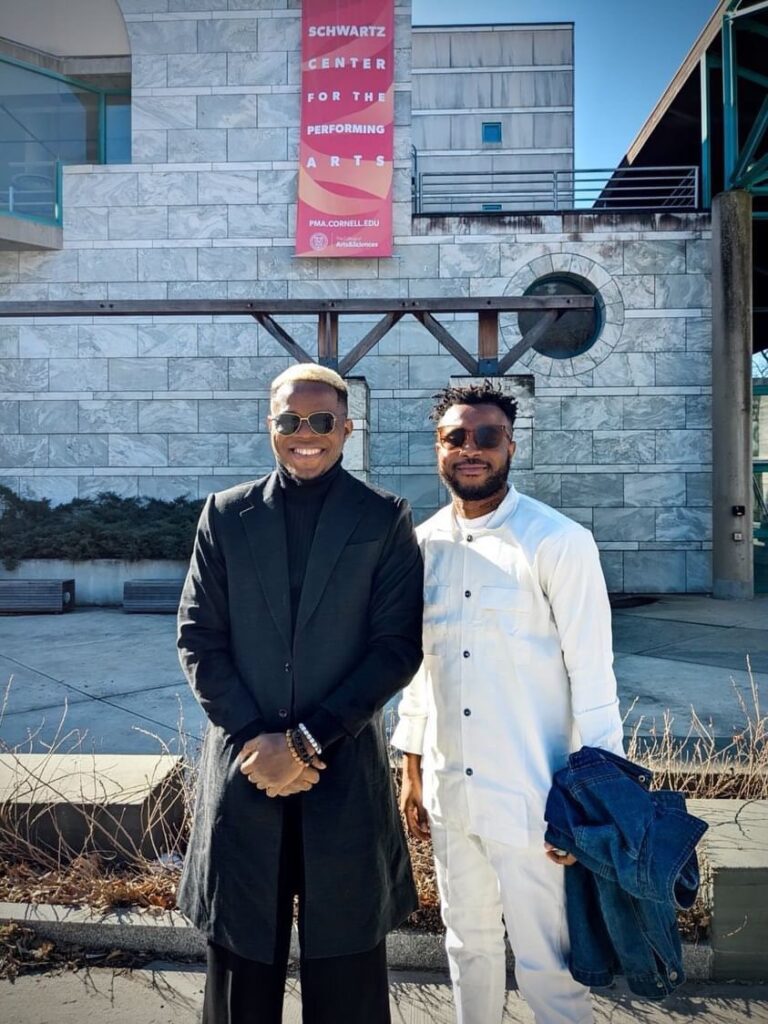
Finally, what message or impact do you hope your collaborative work leaves on the audience, and how do you envision your partnership unfolding in the years to come?
Olaoluwa: We just want to tell stories that people can relate to. Storytelling is a very powerful tool, and we want our films to inspire people and spark meaningful conversations. I think the goal is to eventually make films that will revolutionise cinema in Nigeria. Our partnership is dynamic, and we always try to keep an open mind when it comes to the scope of our collaboration, and that’s why we can sometimes both work as producers in cases where the project demands. We’re currently raising funds and developing multiple slates, which will go into production soon under our production company, Conceptified Media.
Nwani: We want to leave an indelible mark on audiences by using the medium of film to illuminate important societal issues, inspire change, and entertain with cinematic excellence. Josh and I have daydreamed long ago about how we know that we’re going to be the most bankable duo the world has seen. So our journey is only just beginning.

